Hyundai Motor Group, Aramco and KAUST collaborate on new e-fuel for novel combustion system
Green Car Congress
MARCH 30, 2022
Hyundai Motor Group is conducting various R&D activities to minimize greenhouse gas emissions from internal combustion engine (ICE) vehicles during its transition to battery electric vehicles (BEV) and fuel cell electric vehicles (FCEV). The collaboration is expected to create synergies leveraging each participant’s expertise.




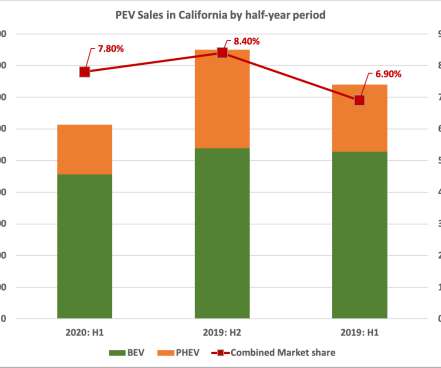

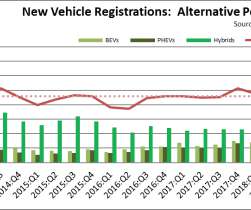









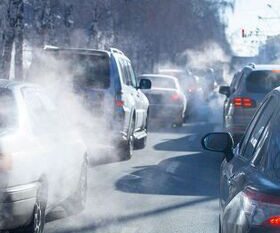


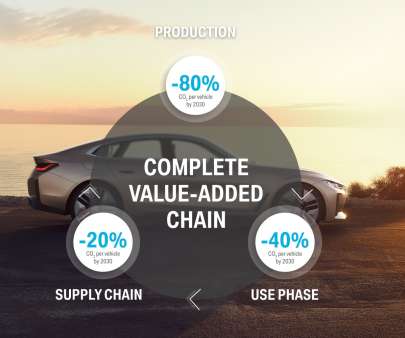
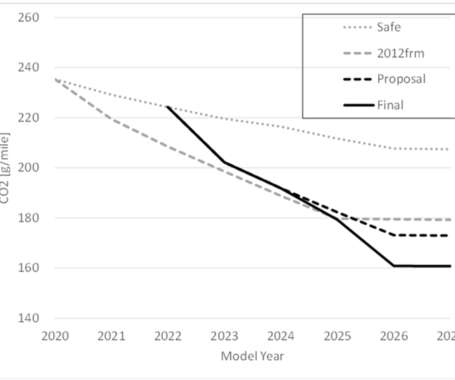











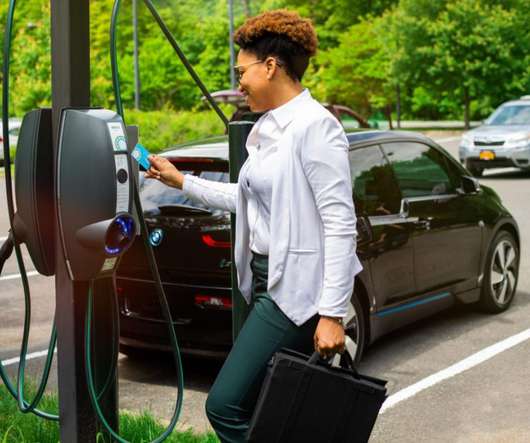











Let's personalize your content